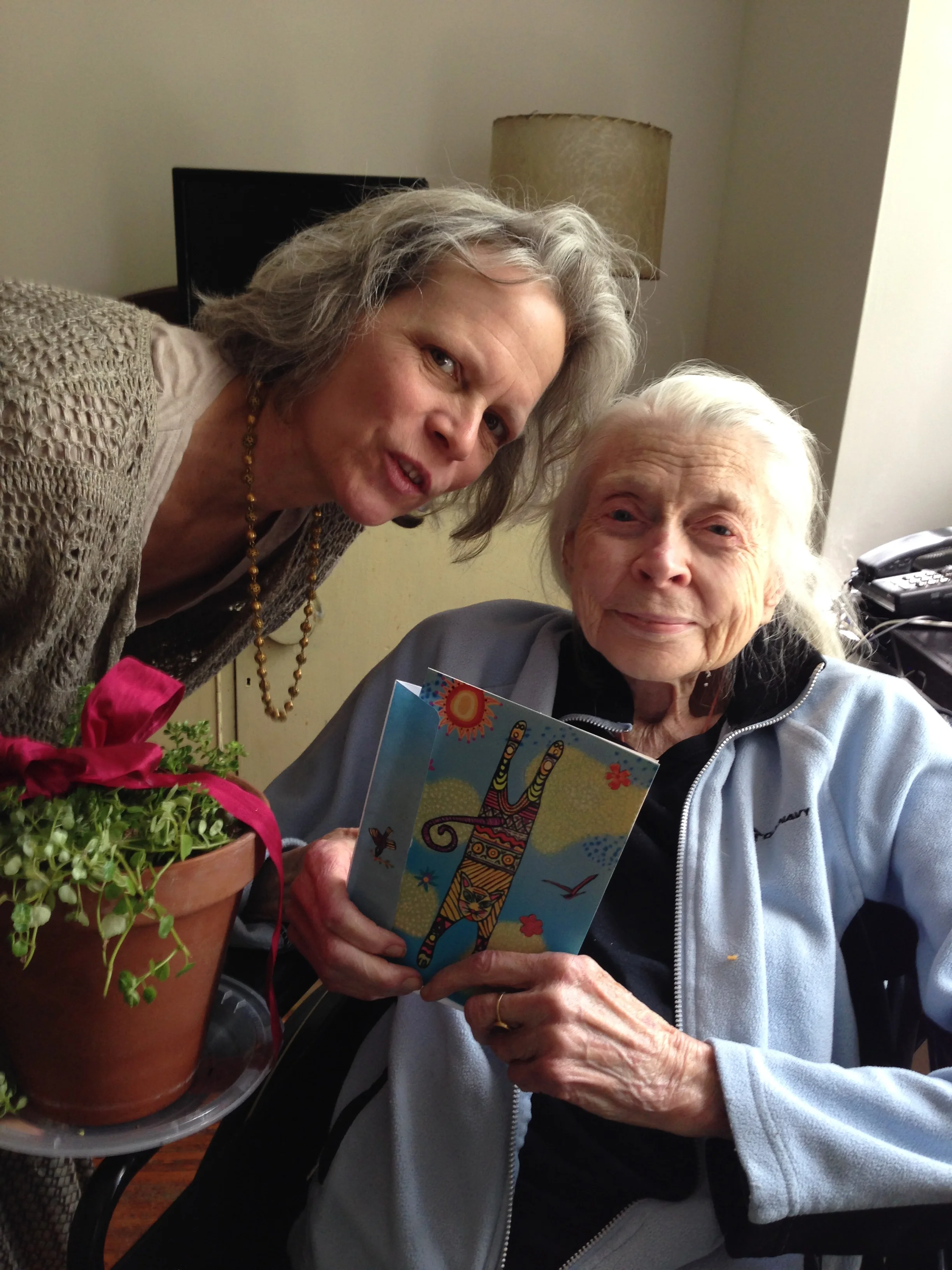Geriatricians often take care of older adults who cannot directly tell the doctor what they are experiencing, so these doctors may need to get information about changes in behavior or body function from surrogate reporters such as children, spouses or other caregivers. Surrogate reporters provide the doctor with their observations of the patient when the patient can not communicate their symptoms at all, or to fill in the missing details about when and how often something is occurring. In effect one person is telling the story of someone else's health through observation. This week, I was dealing with surrogate reporters, caregivers, who were using a psychological theory of human behavior called explanatory attribution instead of providing me with an exact report of what is going on with a sick homebound geriatric patient. Instead of directly answering my questions, they gave me their explanations for why she was coughing, not eating, sleeping too much, and not sleeping.
A caregiver who is a surrogate reporter using explanatory attribution to give information to the doctor is dangerous. It is the doctor's job to repeat the question until the doctor gets a descriptive answer instead of an explanatory answer. Explanatory attribution by those without knowledge give the doctor their opinion of the answer.. Family members and caregivers can not diagnose or treat because they are not trained in how complex diseases that the patient is known to have interact with each other, or what diseases she is likely to get, or what diseases can't possibly be responsible for the problem at all. Diagnosing is a complex micro-multi step process based on probability and not based in common sense. Explanatory attribution could never be used for making a diagnosis or adjusting a treatment plan

